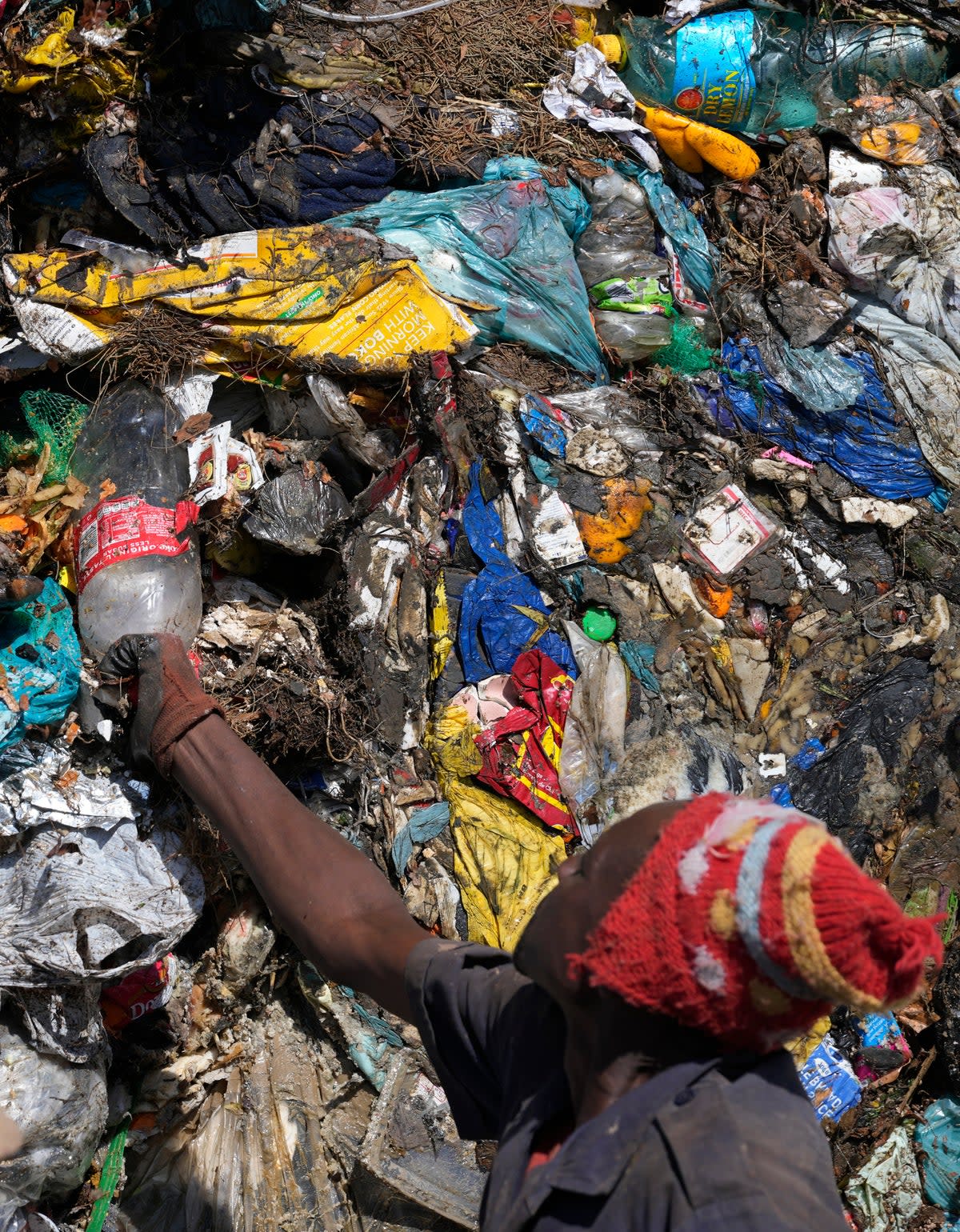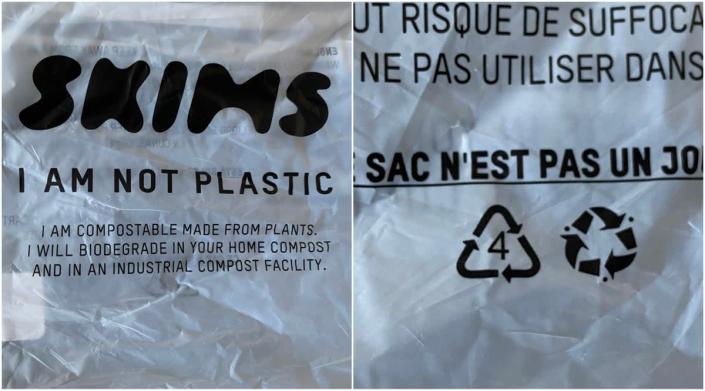11 Dec 2024

Tired Earth
By The Editorial Board

The Changing Markets Foundation (CMF) claimed the firms’ products, initiatives and advertising obscure the real impact of plastic from consumers.
Coca-Cola has spent millions of pounds in advertising telling consumers that some of its bottles are made out of 25 per cent marine plastic while failing to mention that it is the world’s biggest plastic polluter, the CMF alleged.
Another example it cites is Procter & Gamble’s Head and Shoulders shampoo, which states it is made out of “beach plastic” but the bottle is dyed blue meaning it cannot be recycled.
And Tesco is reportedly touting new and improved “recyclable” flexible plastic packaging on its products but only if consumers bring it back to larger stores, and even then it is unlikely to be recycled.
George Harding-Rolls, campaign manager at CMF, said: “Our latest investigation exposes a litany of misleading and mendacious claims from household names consumers should be able to trust.
“This is just the tip of the iceberg and it is of crucial importance that regulators take this issue seriously.
“The industry is happy to gloat its green credentials with little substance on the one hand, while continuing to perpetuate the plastic crisis on the other.”

He added: “We are calling out greenwashing so the world can see that voluntary action has led to a market saturated with false claims.
“We must embrace systemic solutions, such as absolute reductions in plastic packaging and mandatory deposit return systems.”
Other companies accused of greenwashing include Ikea and Kim Kardashian’s shapewear and clothing brand, Skims, which has compostable underwear packaging claiming ‘I AM NOT PLASTIC’ despite the small print stating it is plastic type 4 or LDPE (Low-Density Polyethylene).
A Tesco spokesperson said: "Our 4Rs strategy seeks to remove plastic where we can, reduce it where we can’t, reuse more and recycle what’s left. Since 2019, we have removed over 1.6 billion pieces of plastic from our UK business.
“As part of our continuing work, all of the soft plastic we collect will be sorted in the UK from later this year, ensuring it stays out of landfill and is recycled into a range of items – from our Bags for Life to the reusable green trays we use in-store every day.
“We welcomed recent legislative measures to increase the consistency of kerbside collections for plastic recycling. We’d like to see the inclusion of soft plastics in the legislative measures, to help increase recycling rates.”
A Coca-Cola spokesperson said: “We don’t want to see any of our packaging end up where it shouldn’t and we are working hard to be part of the solution. Today, all of our bottles in Great Britain are 100% recyclable and we aim to collect and recycle a bottle or can for every one we sell by 2030 globally.
“In 2019, about 300 sample Coca-Cola bottles were developed using recovered and recycled marine plastics, with the aim to demonstrate that one day, ocean debris could be used in recycled packaging. Innovative trials like this are essential to finding scalable solutions to reduce the amount of packaging we use.”
Skims, Ikea, and Procter & Gamble have been approached for a comment.
Source : news.yahoo.com
Comment